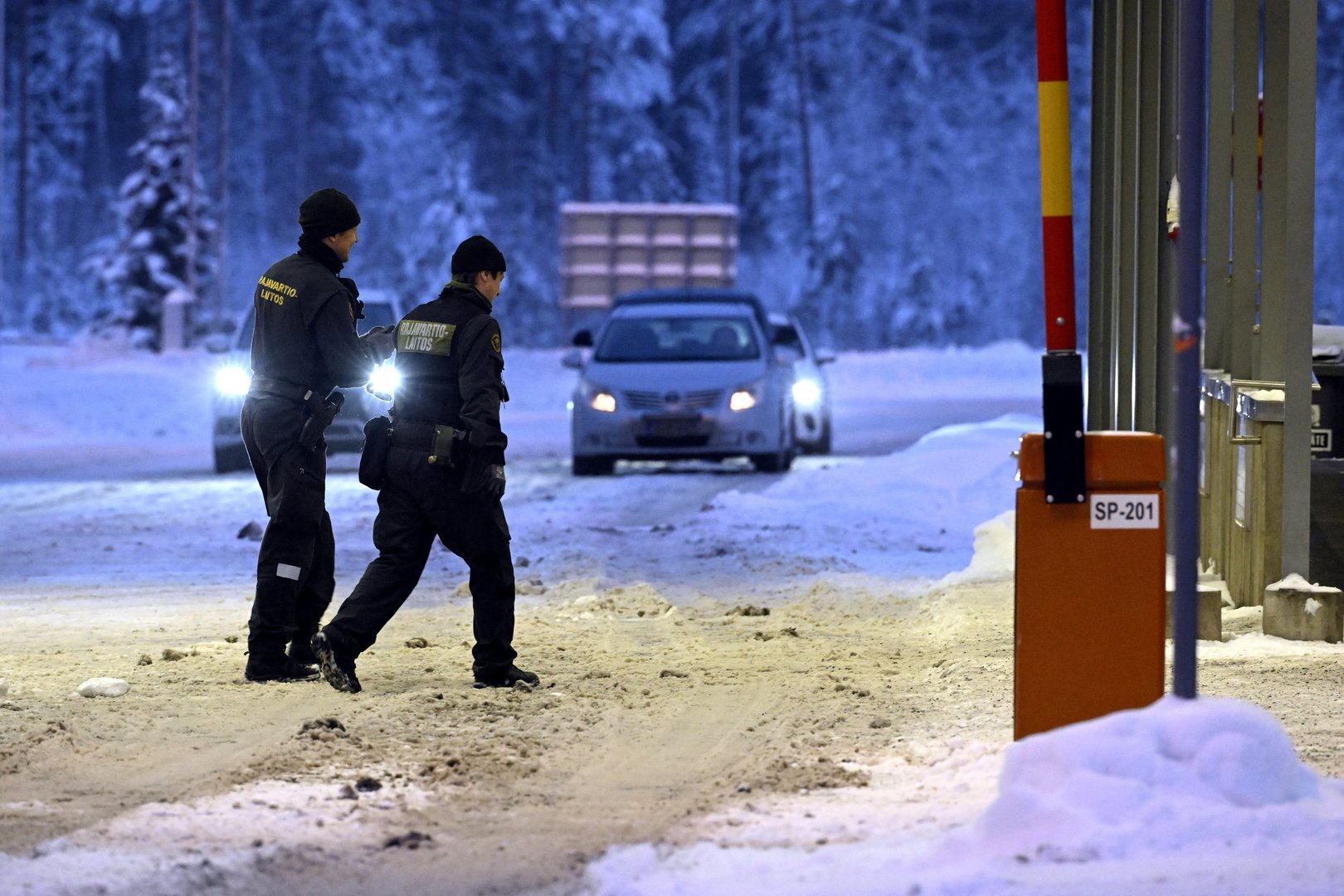Ironically it also helps the UK
According to EU Commission president, the EU’s new pact on migration and asylum will be formulated in a number of regulations and incorporated into EU law by April 2024. Once enacted, it will be comparable in scope with the creation of the common market, the internal market and the common currency and EU citizenship.
The part of the pact that deals with refugees is great news for Cyprus and other Mediterranean countries having to cope with the irregular arrival of refugees usually after search and rescue on the high seas. There are those who are victims of people smugglers, but it is also irresponsible for individuals to embark in small boats in total disrespect of the sea in the hope of humanitarian rescue. It is one thing to embark in a small boat to flee persecution but not if one is not in the process of fleeing.
The fact, however, is that maritime states have a humanitarian obligation to search and rescue people in distress at sea even if it is their fault that they find themselves in distress. The refugee who embarks on a flimsy rubber boat is as entitled to search and rescue as the sportsman who decides to sail solo and gets into trouble on the high seas.
The EU pact accepts the obligation of search and rescue unequivocally and is more concerned with the processing of refugees after disembarkation. However, rather than removing refugees arriving in small boats to a specific country as the new proposed UK Rwanda law provides, the EU envisages flexible partnerships with third countries depending on whether they are safe and implicitly stable.
The UK government’s idea that it can deem a Rwanda safe by law is wholly misconceived. It ignores the fact that there are frequent changes of regime in Africa – three coups last year in the former French colonies of Burkino Faso, Mali and Niger – that render deeming countries there safe as a matter of law is perverse. The rationale behind the UK Rwanda law is deterrence of illegal refugee arrivals by their quick removal to an African country with a bad human rights reputation. It is a gimmicky policy unworthy of a serious civilised country like Britain.
When he introduced the proposed law to parliament, the UK interior minister said he was unable to make a statement that the proposed law was compatible with European Human Rights Convention on Human Rights (ECHR) but carried on regardless. By contrast the EU pact states that the regulations it envisages as a result of the pact would deter illegal immigration compatibly with the ECHR.
The EU pact is an agreement between the Council and the European Parliament for a root and branch change from national immigration control to an integrated Europe-wide system of control complete with a Europe-wide kind of federal border agency and common ID data.
The political context of the pact is that extreme right-wing parties have been milking the refugee crisis in Europe for millions of votes and there are going to be elections to the European Parliament on June 9, 2024. The hope is that the present Parliament will enhance its prospects of survival if it has laws in place by April designed to stem the illegal flow of refugees.
The law will provide for a pre-entry screening of the ID of all illegal entrants and those who have disembarked after rescue operations: security checks, fingerprinting and registration in the European fingerprint database. Those claiming asylum will be fast tracked in border procedures for swift decisions on asylum and return, either back or to safe third countries.
For Cyprus, Greece, Malta, Italy and Spain and to a lesser extent France, the most important change is fair sharing of responsibility for examining claims for asylum and the principle of solidarity whereby member states will be obliged by law to help one another in times of stress, to stabilise the overall system more fairly within the EU than under the current Dublin agreements.
The solidarity principle envisages contributions from member states from “relocation of asylum seekers from the country of first entry to taking over responsibility for returning individuals with no right to stay or various forms of operational support.”
Also relocation policy to third countries would also be permissible as it is not in breach of the current 1951 Refugee Convention. Non-refoulement is the touchstone of refugee protection – the obligation not to return a refugee to the borders of the country of feared persecution in French.
Under the pact the EU will enter into partnerships with third countries and facilitate readmission of failed asylum seekers back to their countries or to destinations likely to admit them. The EU pact addresses a key problem in refugee processing, which is how to deal with failed refugee claims. It will be addressed under the EU’s new flexible approach of arranging for the safe return of failed asylum seekers in the same way as failed visitors are removed on being refused entry. The EU will classify third countries on a flexible scale depending how they are likely to treat their nationals returned as failed asylum seekers.
There will be European Border and Coast Guard corps deployed across Europe where required and a newly appointed EU Return Coordinator with a network of national representatives to ensure consistency across the EU.
The irony of the EU pact is that it is also good news for the UK too as it is expected to put an end to refugee encampments around Calais waiting to board small boats for the hazardous journey across the Channel to England. Ironic because Britain will get control of her borders as a result of an EU federal law from which it left the EU to escape… Hahaha… Merry Christmas everyone!
Alper Ali Riza is a king’s counsel in the UK and a retired part time judge







Click here to change your cookie preferences